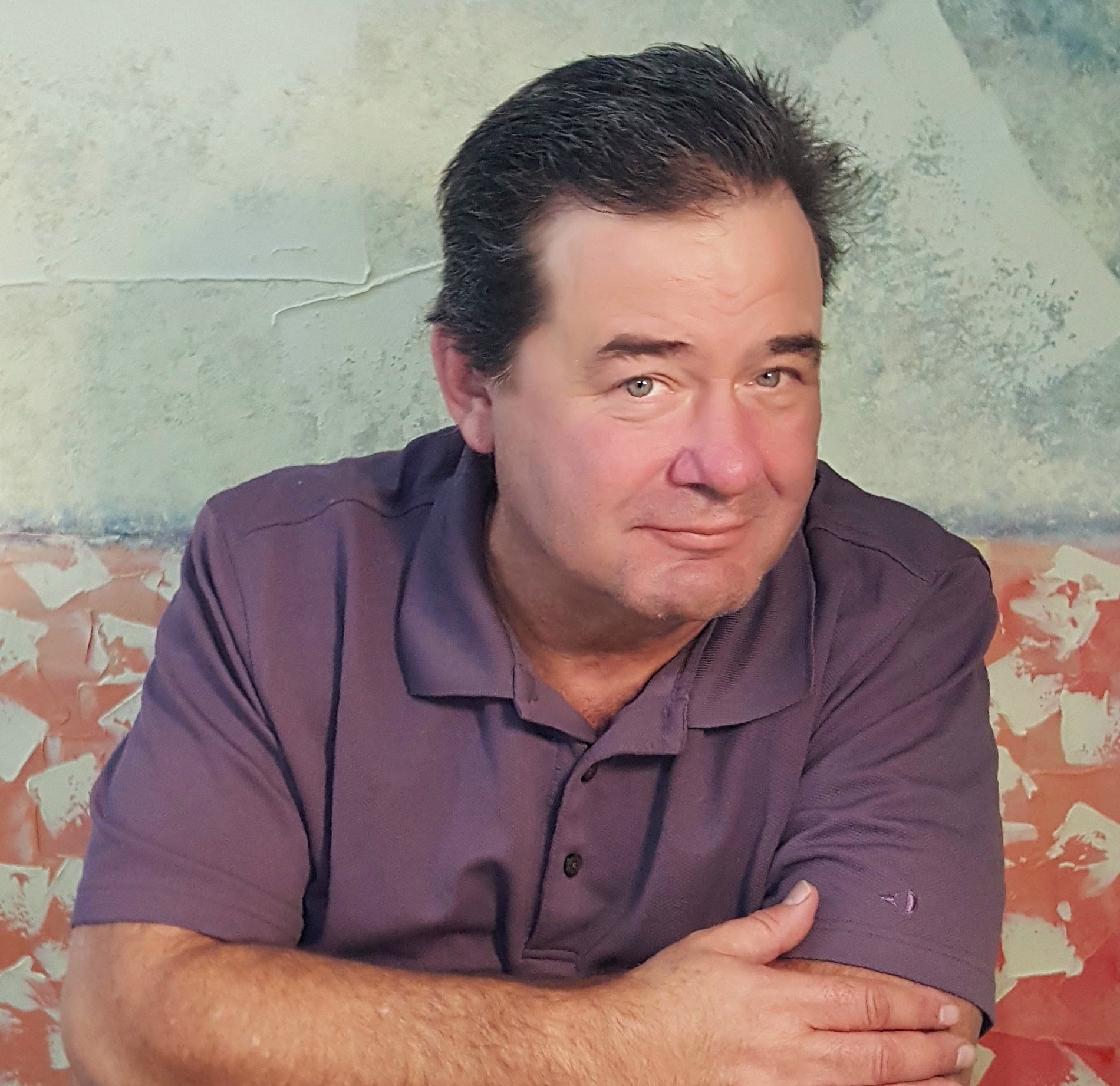We were lucky to catch up with JP Dancing Bear recently and have shared our conversation below.
JP, appreciate you joining us today. Can you talk to us about how you learned to do what you do?
I took publishing out of the equation and focused on my voice. I read everything I could both poetry, but also fiction, and non-fiction. I read things aloud. Got a sense for others’ voices. I read my work aloud and got comfortable with my voice. I listened to poets reading their works, I got a sense of what gets conveyed through tone and feeling, and pace that is not necessarily spelled out directly on the page. I spent 15 years writing poetry that no one saw as I perfected my craft. Eventually, there came a point where I felt comfortable sending my work out and considered it to be equal in quality to what I was reading by my contemporaries.
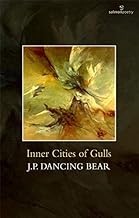
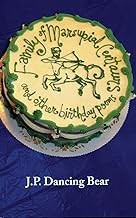
Awesome – so before we get into the rest of our questions, can you briefly introduce yourself to our readers.
I began reading poetry at an early age, around 5 or 6. I loved Edgar Allen Poe. I read all the classic poets of the 19th century. Although my public education would have had me believe that poetry was a dead art, something that ended with Robert Frost. I loved creative writing, and so I wrote short stories and hoped to be a novelist. It wasn’t until I took a Freshman college course on Poetry that I discovered contemporary poetry which changed my direction. I read James Wright’s work, in particular, from THIS BRANCH WILL NOT BREAK, and I knew poetry was going to be where I spent my creative energies. I published one poem in a college workbook and wasn’t satisfied with the process. I felt it wasn’t my best work. I spent 15 years developing my style and voice before publishing again. I’ve been published in hundreds of magazines and anthologies, I’ve hosted a radio show for poetry, I’ve founded and edited 2 magazines, and a small press, and currently edit the largest online anthology of contemporary poetry, VERSE DAILY. As an editor, I believe poetry is meant to be read aloud and I read for my audience with the idea of widening the readers’ appreciation for the art of poetry.
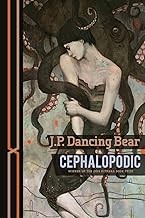
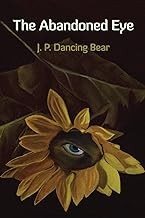
We’d love to hear a story of resilience from your journey.
Learn to accept rejection. It is ultimately your friend. Editors are going to reject your work more than accept it. Learn from the experience. Develop a thick skin. Believe in yourself. Keep working on new art. Don’t be defined by what you’ve already done. Accept that rejection does not happen because your work is necessarily bad, but because of economic reasons, or the editor’s personal preference does not align with your work, or a multitude of other reasons beyond your control. Rejection happens to every poet. Repeatedly. The sooner you accept this, the better you will be.
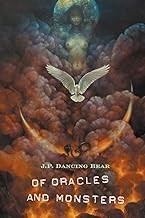
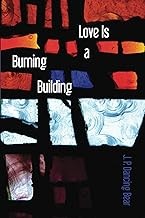
What do you find most rewarding about being a creative?
I love it when I hear from someone who reads my work and feels compelled to write and say they were moved. Especially, people who may have never read or paid any attention to poetry before. That makes me happy that I have opened a door for people to learn more about the art.
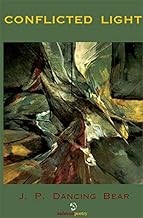
Contact Info:
- Facebook: https://www.facebook.com/officialJPDancingBear/
- Linkedin: https://www.linkedin.com/in/jp-dancing-bear-98b60520/
- Twitter: @jpdancingbear
Image Credits
All of these are my book covers. I downloaded them from Amazon. I certify that I have the right to use the following images for promotional purposes. 715JSYap9cL._AC_UY218_.jpg I have permission to use from Iris Press. 413mKh6TuaL._AC_UY218_.jpg I have permission to use from SalmonPoety. 81-JRO+uMQL._AC_UY218_.jpg I have permission to use from FutureCycle Press. 71nnrZR3OAL._AC_UY218_.jpg I have permission to use from Glass Lyre Press. 71E1McyGFCL._AC_UY218_.jpg I have permission to use from FutureCycle Press. 61wTrJSHgbL._AC_UY218_.jpg I have permission to use from Glass Lyre Press. 51A01Wd0mkL._AC_UY218_.jpg I have permission to use from SalmonPoety.


